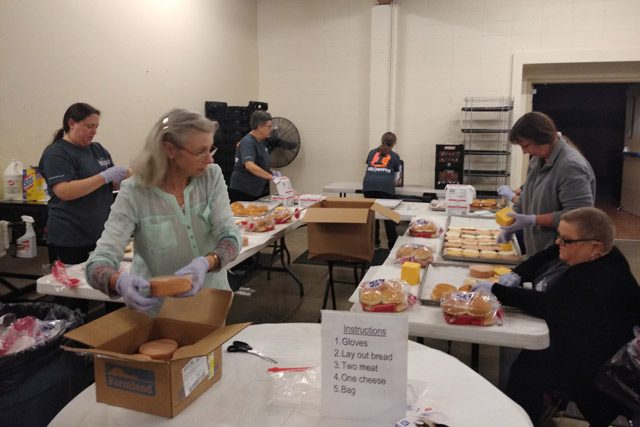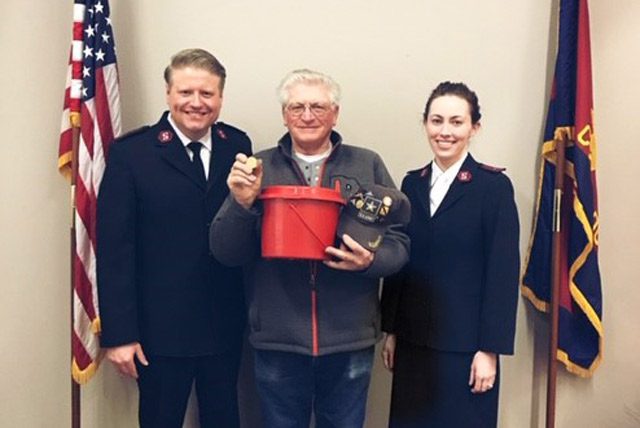The event featured an open agenda and forum addressing women’s issues in recovery. A large tent, set up in a field adjacent to the facility in Arvada, was the setting for varied networking discussions. Participants also enjoyed a luncheon buffet and musical entertainment by the Colorado Children’s Chorale.
Major Helen Starrett, ARC Command director of special services, was featured. Several members of the Metropolitan Ladies Auxiliary, supported by Colonel Dorothy Harvey, Intermountain Division director of women’s organizations, worked hard for many hours helping prepare for the event.
A dozen graduates of the Cottonwood program returned, taking visitors on a tour of the beautiful old house, which for six months is home for 25 women undergoing rehabilitation.
The Salvation Army purchased the building in 1993 and began the women’s program as an adjunct to the 104-bed men’s program at the Adult Rehabilitation Center in Denver. Majors Glen and Mary Doss, who took charge of the ARC in 1995, planned this open house event as a way of raising community profile.
“Despite limited awareness of the program, for some time we have been filled to maximum capacity–25 beds–and have a continuing waiting list,” said Major Mary Doss, who directs the women’s program. “Nevertheless, it had become clear to us that much of the public still remained in the dark.”
Major Doss, who is also director of special services at the ARC, holds a Master’s degree in agency counseling with an emphasis in marriage and family therapy and is certified as a drug and alcohol counselor (CAAC III) with the state of Colorado.
She explained that women accepted into the program are adults with identifiable and treatable handicaps such as problem drinking, drug addiction, emotional instability, or domestic problems. The clinical program includes counseling (individual, group and family), supervised visitation for children, homemaking skill training, disciplinary skill development, anger management classes, parenting classes and relapse prevention. Additionally, spiritual values are built into every aspect of the rehabilitation process.












